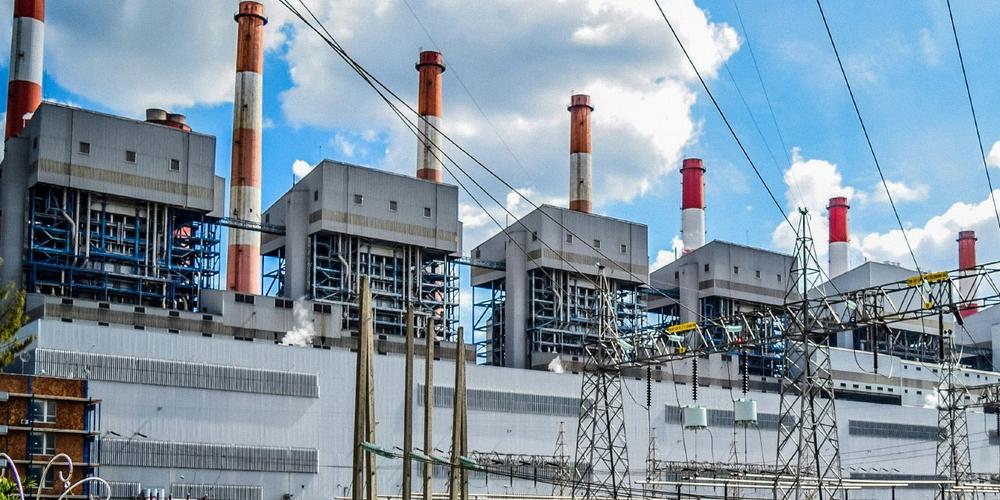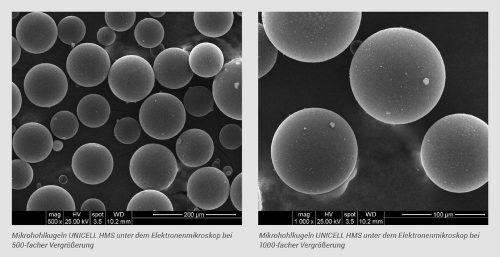
Are We Unique?
Our planet is constantly changing. Since the emergence of life around 3.5 billion years ago, the earth has been influenced and shaped by a wide variety of living organisms – be it locally and over a limited period of time, as when a beaver builds a dam, or on a large scale and with long-term effects. With the interventions of modern humans, the transformation seems to have reached an unprecedented climax. But is this true? To systematically explore this question, an international research team led by Prof. Dr. Simon Darroch from the Senckenberg Research Institute and Natural History Museum Frankfurt has developed a new approach to study different types of “bioengineering” throughout geological history.
The newly published study distinguishes between classic “Ecosystem Engineering” (EE), where individual species locally change the distribution of important resources, thereby creating new habitats, and the new concept of “Earth System Engineering” (ESE), whose effects are global and last for a very long time.
“We propose the term ‘Earth System Engineering’ to describe biological processes that change the functioning of the Earth as a whole – chemically, physically, or in terms of climate,” explains the paleontologist Darroch. “Such developments have occurred again and again throughout the Earth’s history. For example, photosynthesis led to an increase in the oxygen content of the air 2.4 billion years ago, creating the conditions for complex life. Reefs store carbon dioxide and thus impact the global carbon cycle. And the expansion of dense forests permanently changed the planet’s climate by affecting the reflection of sunlight – the socalled albedo effect. Such processes extend beyond the lifetime of the respective organisms and can influence distant ecosystems.”
The new approach allows researchers to combine observations from the present with evidence from the fossil record, thereby taking a look at the entire geological history. “We want to use the concept to clarify, among other questions, whether such drastic transformations occur in clusters and whether their consequences can be predicted,” says the study’s last author, Prof. Dr. S. Kathleen Lyons from the University of Nebraska-Lincoln (USA).
The primary focus is on the role of modern humans. “Many human interventions – from the use of fossil fuels to industrial agriculture – have global, long-term effects. Global warming and the worldwide extinction of species are obvious and grave consequences of our ‘Earth System Engineering,’” adds co-author Prof. Dr. Alycia L. Stigall from the University of Tennessee in Knoxville (USA).
“The central question is whether today’s human-induced effects are truly unique, or whether there are parallels in geological history. And what can we learn from them?” asks Darroch, and he concludes, “In the fossil record, for example, we find evidence of phases in which ESE processes were weakened or interrupted, for instance in the wake of mass extinctions. Such findings are of course especially relevant in view of the current biodiversity crisis. Answering these questions can help us to better understand the long-term consequences of our actions in the Anthropocene.”
The Senckenberg Gesellschaft für Naturforschung (Senckenberg Nature Society), a member institution of the Leibniz Association, has studied the “Earth System” on a global scale for over 200 years – in the past, in the present, and with predictions for the future. We conduct integrative “geobiodiversity research” with the goal of understanding nature with its infinite diversity, so we can preserve it for future generations and use it in a sustainable fashion. In addition, Senckenberg presents its research results in a variety of ways, first and foremost in its three natural history museums in Frankfurt, Görlitz, and Dresden.The Senckenberg natural history museums are places of learning and wonder and serve as open platforms for a democratic dialogue – inclusive, participative, and international. For additional information, visit www.senckenberg.de.
Senckenberg – Leibniz Institution for Biodiversity and Earth System Research // Senckenberg Gesellschaft für Naturforschung
Senckenberganlage 25
60325 Frankfurt
Telefon: +49 (69) 7542-0
Telefax: +49 (69) 746238
http://www.senckenberg.de
Senckenberg Research Institute and Natural History Museum Frankfurt
Telefon: +49 (69) 7542-1126
E-Mail: simon.darroch@senckenberg.de
Referentin für Presse- und Öffentlichkeitsarbeit
Telefon: 06975421595
E-Mail: katharina.decker@senckenberg.de
![]()




